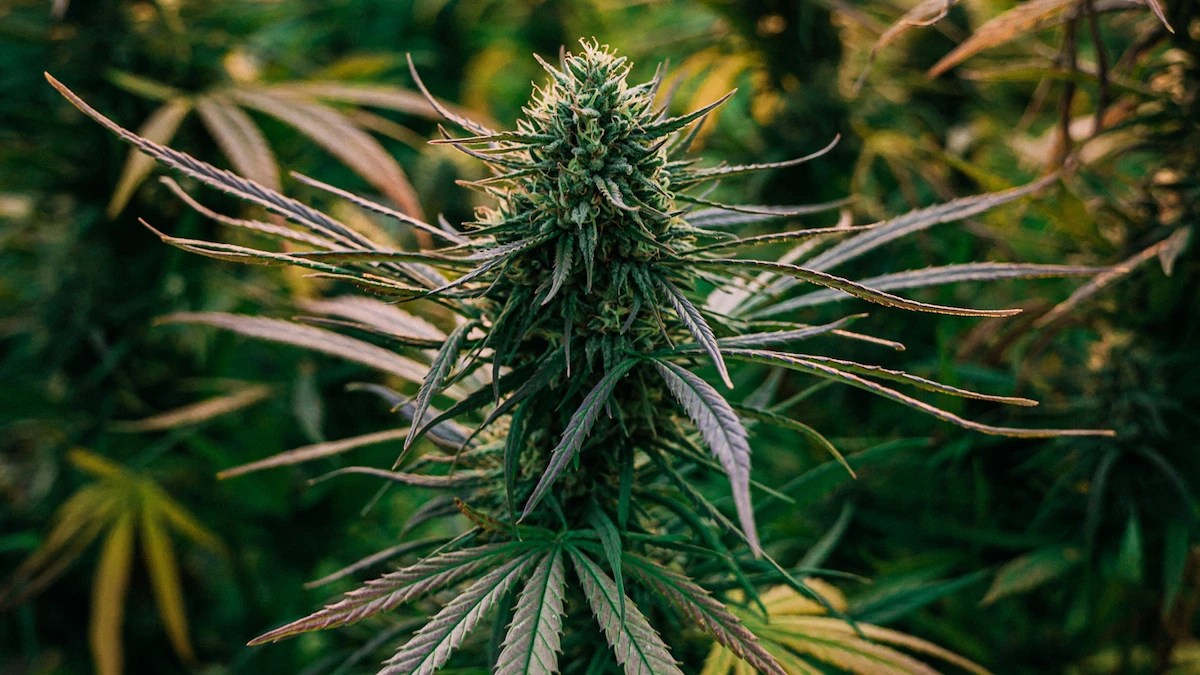- Environment
- Reference
Long used to treat maladies from anxiety to inflammation, hemp is now being used to build cars, brew beer, and innovate other sustainable solutions.
Published September 1, 2022
3 min read
Hemp already has a good reputation for use in medicine. As a member of the same species as the marijuana plant, Cannibis sativa, hemp contains cannabidiol—a compound more commonly known as CBD. By activating certain receptors in the brain that help regulate the nervous system, CBD is often used to treat anxiety, insomnia, and inflammation. Studies also suggest it can help with epilepsy, chronic pain, and addiction. (Subscriber exclusive: Science seeks to unlock marijuana’s secrets.)
In recent years, however, the plant’s uses have expanded beyond the medical realm. Hemp is now being used to build race cars, brew more sustainable beer, and add a protein boost to any meal. Here’s a look at five surprising new uses for hemp.
1. Microbe killer
CBD kills certain types of bacteria very efficiently, as Australian researchers have discovered. This means that the active ingredient in hemp has advanced to become a candidate for a new type of antibiotic. It is already being used for asthma and pain.
2. Pit stop visitor
Hemp fiber is stable, elastic, lightweight, and biodegradable, making it an excellent replacement for plastic. Batteries add hundreds of pounds to electric vehicles, reducing efficiency, so EV manufacturers are increasingly using hemp as a composite ingredient in car interiors and bodies. In 2019, Porsche even built race car body parts from the fibers. The oil recovered from harvested hemp plants can also be used to make diesel fuel.
3. Wonder textile
Hemp plants are armed against climate change. They are six times more efficient than cotton when it comes to water usage, as researchers from the Leibniz Institute of Agricultural Engineering and Bioeconomy have discovered. In addition, three times more hemp than cotton can be grown in the same area, and their carbon dioxide emissions are similar, when the entire production process is considered.
4. Thirst quencher
Swiss researchers have created a beer that replaces

